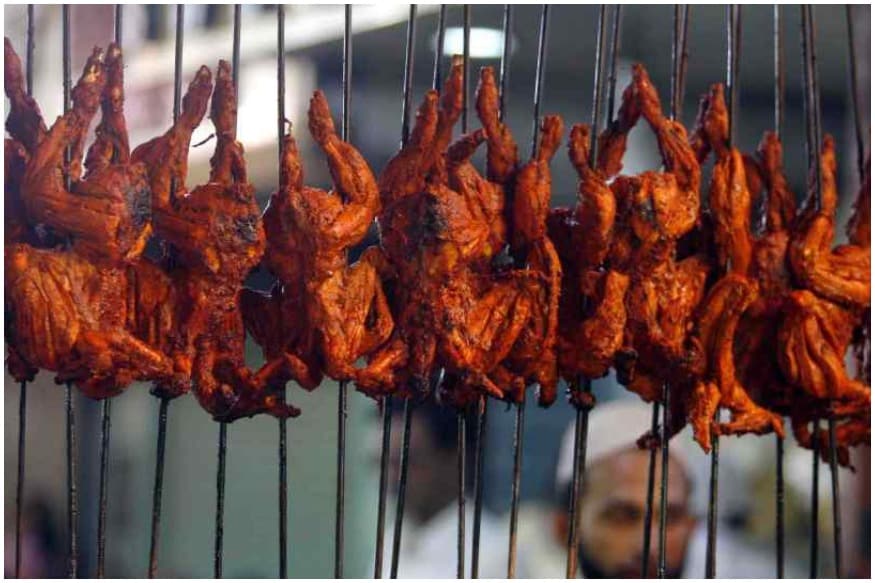

“Almost invariably, from everything I’ve seen, the farmer loses,” he told Morning Edition. Leonard depicts that relationship as something like a con game run by the companies for their own benefit. They supply the feed, and the feed additives. They deliver the chicks on their own schedule - in fact, they aren’t required to deliver any flocks at all. In this system, the farmer owns the chicken houses, but the poultry companies are very much in control. That relationship is often called “contract farming.” It was invented by the poultry industry, but is now gaining ground in the pork and beef industries, too. Leonard’s book, however, is probably the most detailed account of the inner workings of Tyson, as well as the relationship between poultry companies and the not-so-independent farmers who actually raise the birds. Just a few weeks ago, the Pew Charitable Trusts released its own critique of the broiler industry. In the early days of the Obama administration, the Department of Agriculture and the Justice Department held public hearings on alleged abuses by companies that dominate the meat business. Activist groups devoted to farmers’ rights, such as Rural Advancement Foundation International and the Institute for Agricultural and Trade Policy, have been fighting against concentration in the poultry and meat-packing industries for many years.

Leonard has no admiration at all, though, for the system of chicken production that Tyson built, which “keeps farmers in a state of indebted servitude, living like modern-day sharecroppers on the ragged edge of bankruptcy.”

He saw that chicken would soon replace beef or pork as the most popular meat in the United States.” (For more, listen to the entire interview.) “Don Tyson had the ability to see the world as it did not yet exist.

“I think he was a genius,” Leonard tells NPR’s Renée Montagne on Morning Edition. And there’s a note of admiration in Leonard’s description of Don Tyson, the man who drove the company’s rise to global superpower of meat after taking over the company when his father, John, died in 1967. Leonard, now a fellow at the New America Foundation, once worked for the Arkansas Democrat-Gazette, covering business news in Tyson’s home territory. And it recounts the stories of people, mostly farmers, whom Tyson has chewed up and cast aside since its incorporation in 1947. rural economies while gaining unprecedented control over the nation’s meat supply.” His book aims a spotlight at Tyson Foods, which helped create the modern chicken industry. Instead, Leonard focuses on the economic machinery that delivers the meat to us, or, as he puts it, “the hidden power structure that has quietly reshaped U.S. Christopher Leonard’s new exposé on the chicken industry, The Meat Racket, doesn’t devote much ink to the physical object on our plate, the chicken meat itself.


 0 kommentar(er)
0 kommentar(er)
